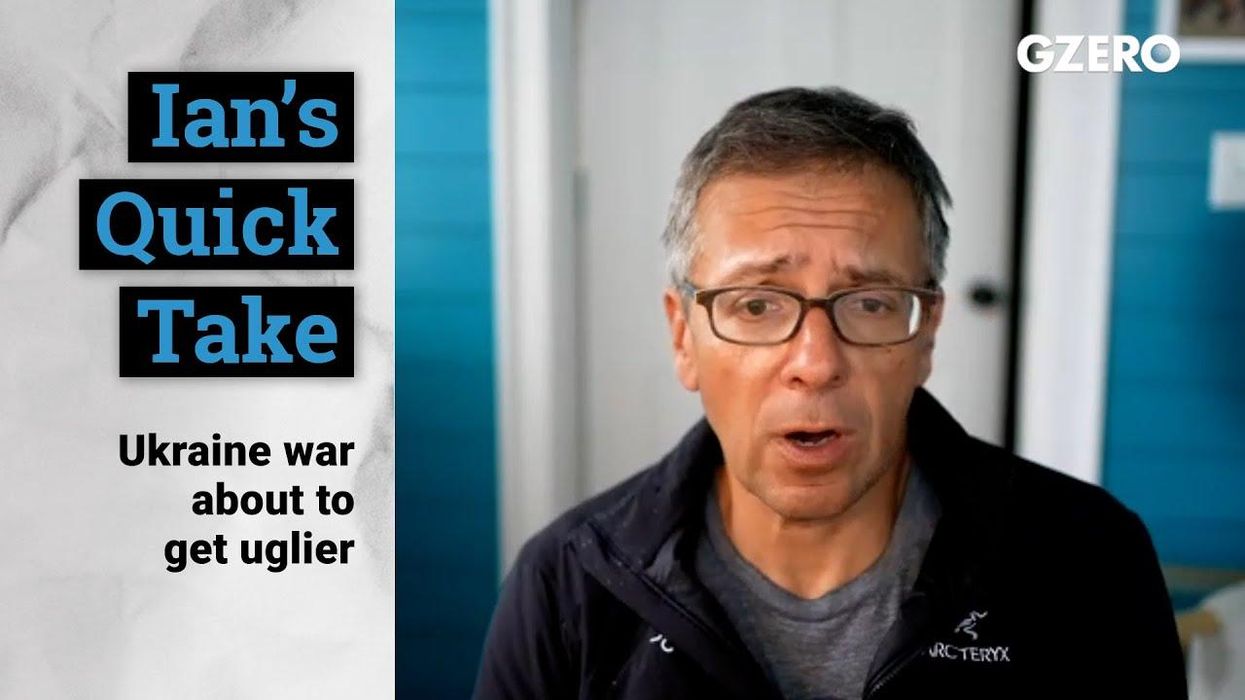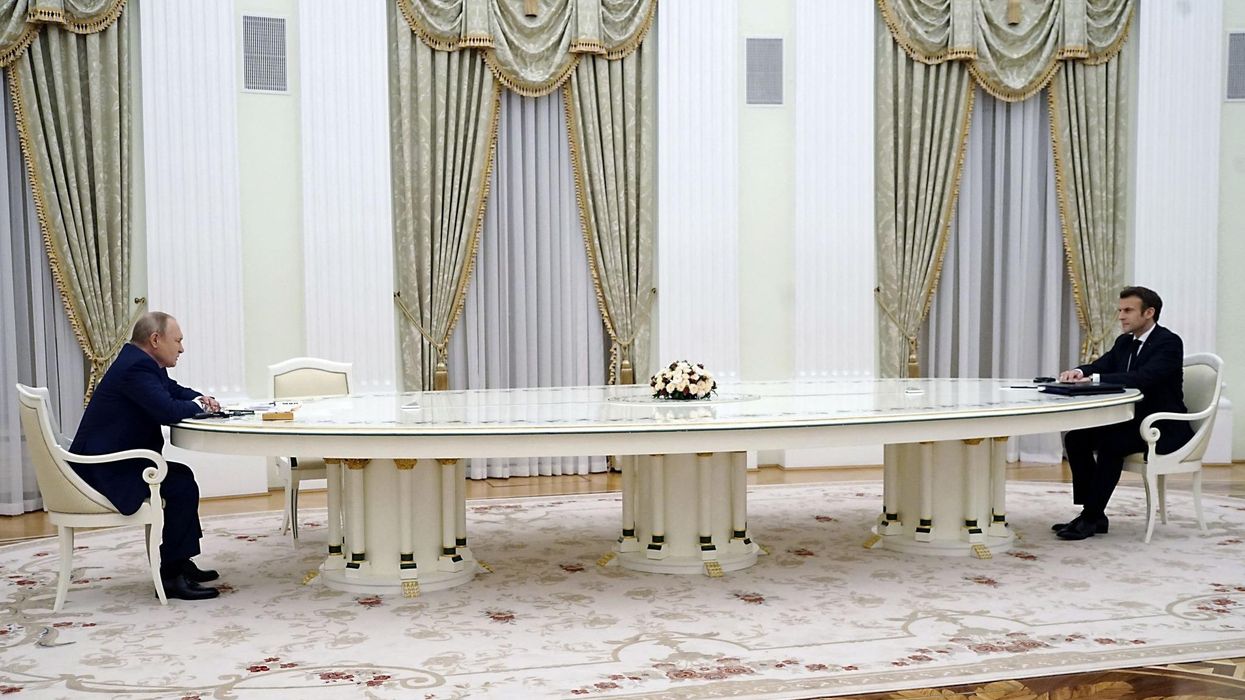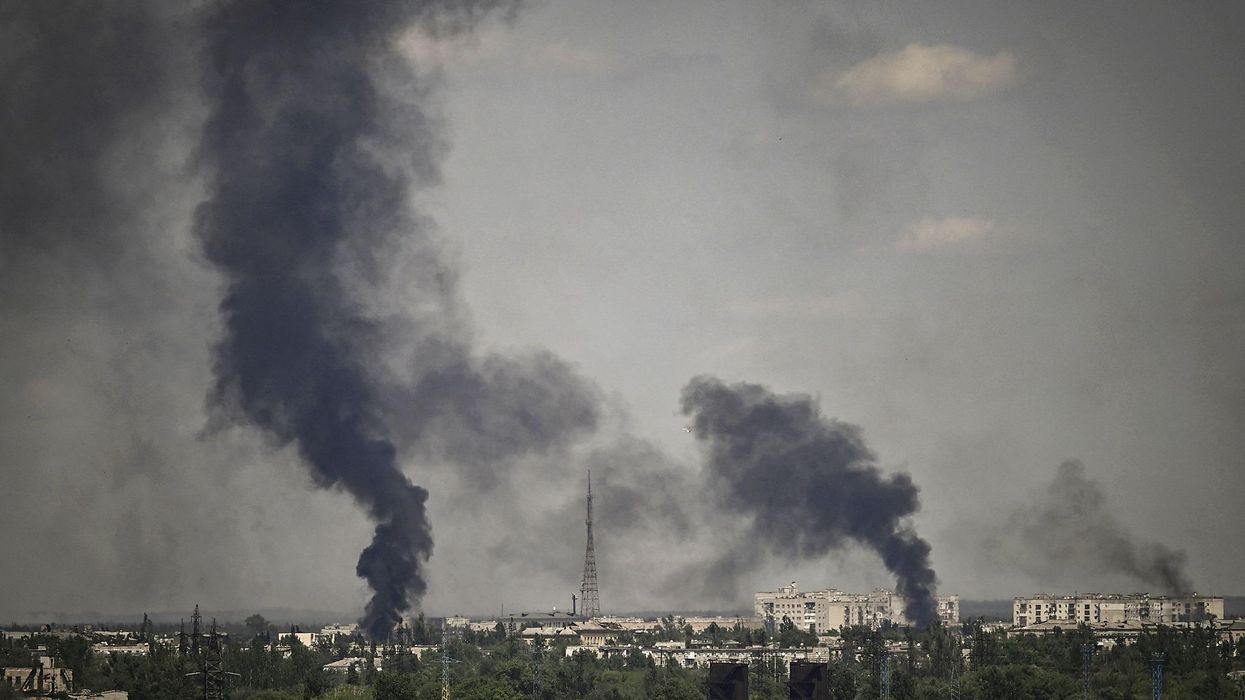GZERO Europe
Ukraine's Kursk invasion complicates Putin's war efforts
How will the Ukraine Kursk incursion affect Putin's way of handling his war? What do we expect of Indian Prime Minister Modi's visit to Kyiv in the coming days? Carl Bildt, former prime minister of Sweden and co-chair of the European Council on Foreign Relations, shares his perspective on European politics from Tabiano Castello in Italy.
Aug 22, 2024




